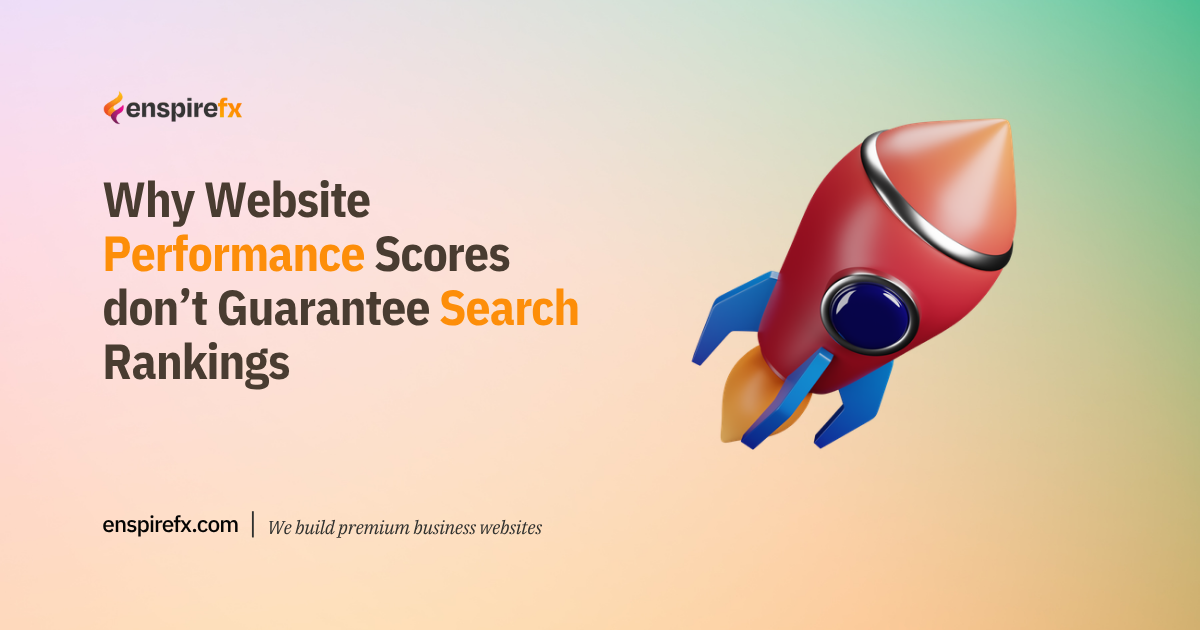How to Optimise Your Corporate Website for Lead Generation

How can you increase lead generation with your company’s website? Lead generation serves as a critical driver of business growth in Ghana’s competitive marketplace. It enables companies to attract potential customers who are already interested in their offerings and convert them into paying clients.
A well-structured lead generation strategy built around website optimisation, data-driven content, local SEO, and multichannel marketing significantly boosts conversion rates and ROI.
This article outlines essential insights and strategies tailored to the Ghanaian market.
Professional Web Design for Businesses
We help businesses scale their customer acquisition and thrive online. Get a premium website for your business today. Select a service below or get quote to get started;
Lead Generation for Business Success
Generating leads goes beyond routine marketing. It forms the foundation of the sales funnel and supports business expansion. Unlike cold outreach, lead generation targets those who have already expressed interest, which increases the likelihood of conversion. It allows Ghanaian businesses to improve financial performance and make better use of limited marketing budgets.
Businesses that optimise their lead generation efforts experience more inquiries and fewer wasted resources. Effective strategies often result in better customer retention and measurable improvements in ROI.
The Core of Digital Lead Generation
In Ghana, where mobile devices are the dominant access point to the internet, website performance plays a central role in generating leads. A mobile-first, responsive, and fast-loading site meets user expectations and improves user retention.
Mobile Experience and User Interface
Most internet users in Ghana use smartphones. A site that fails to load quickly or display correctly on mobile screens risks high bounce rates. Design must prioritise clarity, easy navigation, and accessibility. Clean layouts, effective use of white space, and legible fonts enhance the user experience.
1. Strategic Landing Pages and Forms
Landing pages should offer relevant information and guide users to take specific actions. Pages must present educational content without overwhelming the user. Forms on these pages need to be short and intuitive, requesting only essential information. Labels must be clear, and multi-step forms should be used for more detailed submissions.
2. Calls to Action (CTAs)
Clear, well-placed CTAs guide users toward conversions. Each page should focus on a single CTA, reducing distraction and confusion. Testing multiple variations of CTAs helps identify what works best for specific audiences.
3. Page Speed and Technical Performance
A sluggish website discourages visitors. Optimising images, improving server performance, and adhering to technical SEO standards, such as Google‘s Core Web Vitals, directly affect engagement and search visibility. Ghanaian technical SEO firms highlight load speed and visual stability as key performance indicators.
4. Content Marketing and Conversion
Content remains one of the most reliable methods to attract and nurture leads. It informs potential customers, builds authority, and improves visibility on search engines. In Ghana, high-quality blog posts, educational videos, and downloadable resources like eBooks can function as effective lead magnets.
Content should solve real problems for target audiences. It must include relevant keywords and be optimised for local search intent. Repurposing existing content into different formats expands reach and improves discoverability across platforms.
5. Targeted Marketing and Personalisation
Effective lead generation begins with a strong understanding of your target audience. Detailed client profiles or buyer personas are essential. These should include behavioural traits, preferences, goals, and preferred communication channels.
6. Search Intent and Keyword Strategy
Businesses must continually research and update their keyword strategies to reflect the evolving interests of their audiences. This improves SEO, content relevance, and ad targeting.
7. Local SEO Focus
Local optimisation is crucial in Ghana. This includes the use of region-specific keywords, local directory listings, and consistent Google My Business profiles. Incorporating Ghanaian culture into design and messaging enhances relatability and trust.
8. Personalised Outreach
Personalisation across emails, landing pages, and ads significantly improves engagement. Businesses that segment their audiences and tailor messages accordingly generate higher-quality leads.
Paid Ads, Email, and Social Media
A strong lead generation strategy uses multiple channels to attract and convert leads.
1. Digital Advertising
Paid ads, especially on search engines and social media platforms, provide fast results. Ghanaian marketers recommend testing different versions of ads for various buyer personas to discover the most effective messaging and visuals. Budgets should prioritise quality leads over generic traffic.
2. Email Marketing
Email remains vital for nurturing leads. Segmented campaigns with relevant, timely content increase engagement. Automation tools can send drip campaigns based on user behaviour, streamlining the conversion process.
3. Social Media
Social media platforms like Facebook, LinkedIn, and Twitter are valuable for both B2B and B2C lead generation. Sharing testimonials, educational content, and engaging visuals helps establish credibility and attract prospects.
Building Trust and Credibility
Ghanaian customers respond positively to brands they trust. Secure websites, clear privacy policies, and professional branding help reinforce confidence. Displaying awards, customer reviews, and client logos signals reliability. Consistency in messaging across all platforms builds a cohesive and trustworthy brand image.
Data-Driven Optimisation and Automation
Ongoing improvement is essential. Monitoring metrics such as bounce rates, form submissions, and time on site helps assess website effectiveness.
1. Lead Qualification and Scoring
Businesses must define what constitutes a qualified lead. Tools and frameworks like BANT (Budget, Authority, Need, Timeline) help differentiate promising leads from low-value contacts. Lead scoring enables sales teams to focus on high-potential opportunities.
2. Analytics and Testing
A/B testing can improve landing pages, CTAs, and content performance. Analytics tools like Google Analytics and Search Console provide insights into user behaviour and campaign results.
3. CRM and Automation Tools
CRM integration allows businesses to track lead interactions across all channels. Automation tools assist with scheduling follow-ups, delivering content, and maintaining communication with leads throughout the funnel.
Complementary Strategies for Ghanaian Businesses
1. Referral Programs
Word-of-mouth remains influential in Ghana. Incentivised referral programs can help generate leads from satisfied customers.
2. In-Person Events
Trade shows and conferences provide networking opportunities and are useful for B2B prospecting.
3. Webinars and Educational Events
Webinars offer a platform to demonstrate expertise and engage qualified leads. Ghanaian businesses can use these to educate audiences and build relationships.
4. Chatbots
Live chat and automated bots help answer visitor queries in real time and qualify leads through conversation.
Ghana-Specific Challenges
Ghanaian businesses face distinct challenges, including difficulty generating qualified leads, limited adoption of formal lead scoring, and dynamic consumer behaviour.
Many companies fail to prioritise lead nurturing or personalise communication, which limits conversion potential. To succeed, businesses must improve lead qualification criteria and develop consistent strategies to follow up with high-value prospects.






